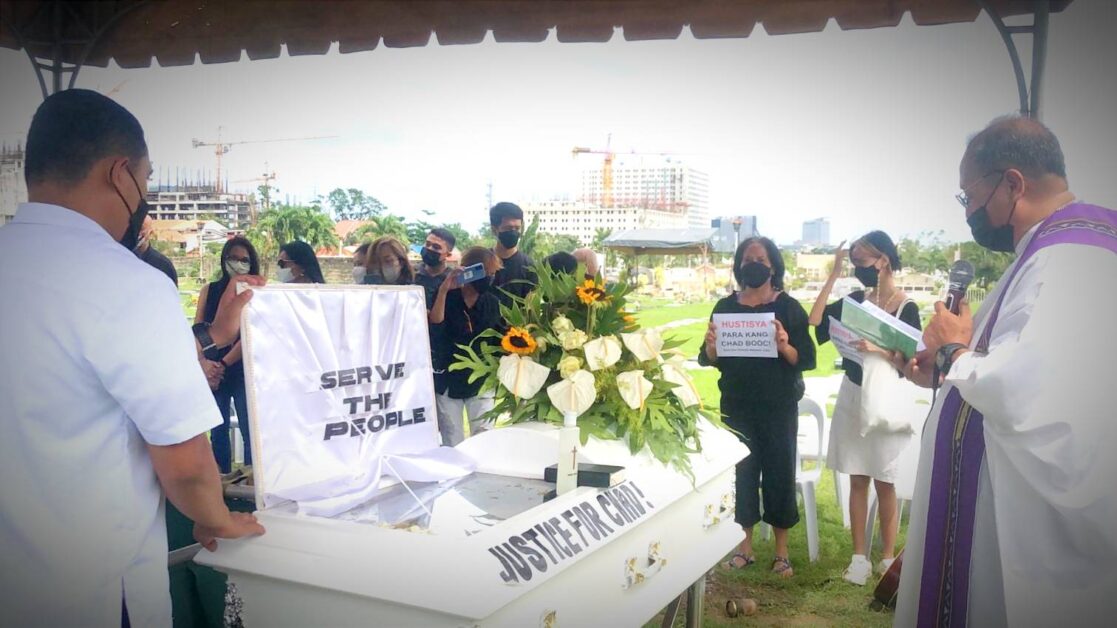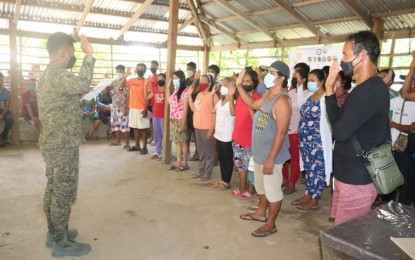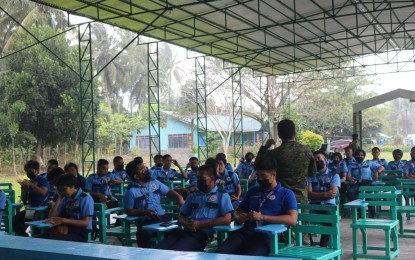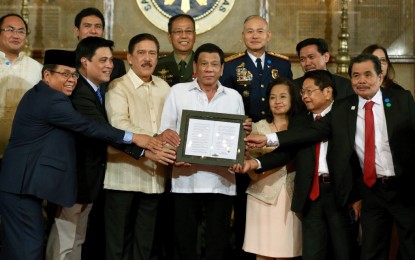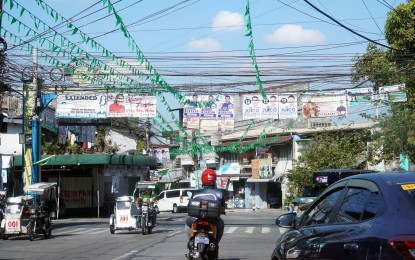Posted to Counterview (Mar 14, 2022): Living in Netherlands as political refugee, this Filipino revolutionary defends Maoism (By Harsh Thakor)
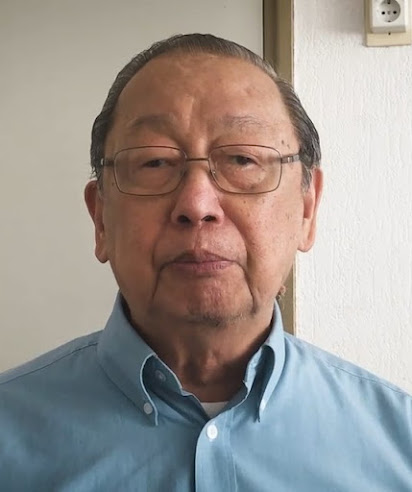
Professor Joma Sison, a Marxist thinker, has defended Maoism as “continuation” of Marxism-Leninism as few others. Architect of the Communist Party of Philippines, formed in 1969, which he headed till 1977, a reading of his writings suggests marked similarities between India and Philippines, both which are semi-colonies and semi-feudal societies. He has important lessons for India on the superficiality of parliamentary democratic system and how capitalism breeds fascism.
Sison, 83, was first imprisoned in 1977. In 1986 he took political asylum in Netherlands. Later he served as the secretary of the International League of Peoples Struggles, seeking to rally anti-imperialist forces and movements.
In 2007 the authorities incriminated Sison with charges of waging murders. He was arrested for his alleged involvement from Netherlands in three assassinations that took place in Philippines: the murder of Romulo Kintanar in 2003 and of Arturo Tabara and Stephen Ong in 2006.
On the day of his arrest, Sison's apartment and eight apartments of his co-workers were searched by the Dutch National Criminal Investigation Department. Some 100 left-wing activists held a demonstration for the release of Sison, marching towards the Dutch embassy in Manila on August 30, 2007. The demonstration was swiftly ended by police.
Released by a local court in September 2007, as there was lack of evidence against him. In February 2010, the Dutch Public Prosecution Service terminated its investigation of Sison and dropped the criminal charges against him as no evidence was found.
The European Union's second highest court ruled in September 2009 to delist him as a "person supporting terrorism" and reversed a decision by member governments to freeze his assets. He is in the protection of the Refugee Convention and Article 3 of the European Convention on Human Rights.
I met Sison in Utrecht, where he currently lives as a political refugee, during the celebration of the 50th anniversary of the founding of the Communist Party of Philippines. He appeared supportive of the armed struggle of the CPI (Maoist) in India, though without understanding the nuances.
His works analyse fascism, neo-colonialism, imperialism and crisis of monopoly capitalism. He analyses the history of the Communist movement from the embryonic stage. He justifies the Chinese path of revolution for the third world countries. He believes, China has turned into a capitalist and imperialist country but defends Cultural Revolution under Mao. At the same time, placing a balanced perspective, he projects both positive and negative aspects of Gandhi.
Critical of parliamentary democracy, Sison asserts how boycott of elections is not a strategy for a Communist party, and insists on adopting extra-parliamentary tactics alongside legal means of struggle. He believes, the Church can be an ally of the revolution.
Sison’s supporters praise him for his people’s war tactic in Philippines, which is in a stage of strategic defence or self-defence. They insist, the tactic has helped consolidate base areas and formation of democratic alternatives for the oppressed masses, with the New People’s Army integrating into the very heart of the lives of the broad masses and building up of a broad united front against the neo-fascist regime.
Depending on the circumstances, the party has carried out minimum and maximum land reform programmes. The minimum programme involves rent reduction, elimination of usury, setting up fair farm-gate prices and promotion of agricultural production and sideline occupation through independent households and rudimentary cooperation. The maximum programme involves the confiscation of land from the landlords and land grabbers and free land distribution and agricultural cooperation in stages. It has been able to build local organs of political power nationwide, from the barangay level upwards. It has sporadically launched armed actions challenging Rodrigo Duterte’s regime through building liberated base.
The Philippines regime continues to squander billions of pesos in its drive to terrorize the party cadres and supporters, launching vicious attacks in Mindanao, Bicol, Eastern Visayas and Negros, as well as in other regions across the country. Civilian communities, farms and mountains are being bombed from the air, shelled and strafed without let up.
Villages are turned into hamlets and placed under military control. Mass organizations are relentlessly attacked to disunite people. Masses are subjected to incessant harassment and forced to parade as “surrenderees.” They are turned into milking cows for the corrupt military officials and their so-called “development projects” which have nothing to do with people’s lives and livelihood.
Big profit-hungry landlords, plantation owners, big capitalists and multinational companies are grabbing productive land to turn the peasant masses and Lumad people into beggars. The big banana plantations owned by Duterte’s cronies are expanding.
The big mining companies are marching just behind the regime's troops marauding and driving the Mindanao Lumads, Mangyans, Tumandoks, Igorots and other ethnic minority people out of their communities. They are made to relocate to “housing projects” away from their land and resources. Broad masses of workers continue to suffer from low wages and oppressive working conditions. Unions are being attacked, their powers are being taken away.
Duterte’s war is aggravating the people’s socioeconomic conditions that give rise to armed resistance. It is exhausting limited public funds that should instead be going to public health and education, especially when the country faces the pandemic. Daily there are reports of counter offensives launched by the New People’s Army in Philippines against the security forces.
https://www.counterview.net/2022/03/living-in-netherlands-as-political.html






